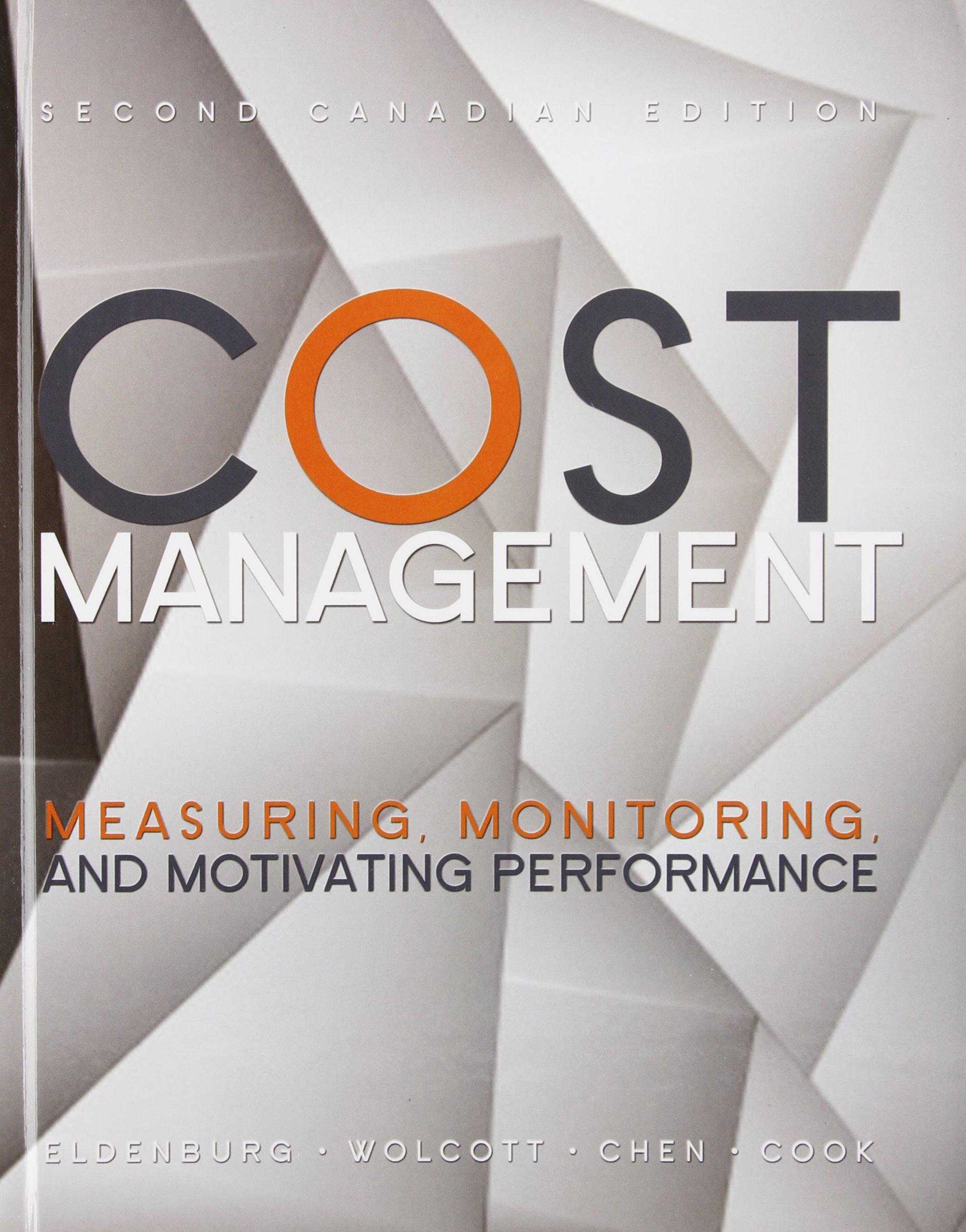Question
21. When a person, by his words and conduct, allows a third party to believe that the particular person is his agent even when he
21. When a person, by his words and conduct, allows a third party to believe that the particular person is his agent even when he is not, and the third party relies on it to the detriment of the third party, he will be stopped or precluded from denying the existence of that person's authority to act on his behalf. This is the circumstances that the law recognized as the appointment of agent by:-
a. express appointment.
b. appointment by necessity.
c. appointment by ratification.
d. appointment by the doctrine of estoppels or 'holding out'.
22. Illustrations (a) to Section 150 states that:
"A, without authority, buys goods for B. Afterwards B sells them to C on his own account; B's conduct implies a ratification of the purchase made for him by A."
This illustration represent the principle that - Ratification may be expressed or may be implied in the conduct of the person on whose behalf the acts are done.
a.True
b.False
23. Illustration (b) to Section 142 states that.
"A consigns provisions to B at Taiping, with directions to send them immediately to C at Parit Buntar. B may sell the provisions at Taiping, if they will not bear the journey to Parit Buntar without spoiling."
This illustration represent the principle that-An agent has authority, in an emergency, to do such acts for the purpose of protecting his principal from loss as would be done by a person of ordinary prudence, in his own case, under similar circumstances - in cases involving appointment of an agent by:
a. express appointment.
b. appointment by necessity.
c. appointment by ratification.
d. appointment by the doctrine of estoppels or 'holding out'.
24. The present of this three (3) elements:-
1.There is a representation made by or on behalf of the principal to the 3rdparty concerning the authority of the agent;
2.Reliance by the 3rdparty on the representation made by the principal to the 3rdparty;
3.The 3rdparty must rely on the principal's representation and alter his or her legal position on the strength of the representation.
are necessary to constitute:
a. express appointment.
b. appointment by necessity.
c. appointment by ratification.
d. appointment by the doctrine of estoppels or 'holding out'.
25. The authority of an agent can be:-
a. express and/or implied authority
b. actual and/or apparent authority
c. express and/or ostensible authority
d. implied and/or ostensible authority
26.is an authority conferred expressly upon the Agent either by oral or written agreement. It may also be implied from the following:-
1.Express authority given by the Principal
2.Custom and trade usage
3.Circumstances of the case
4.Conduct of the parties
a. express authority
b. implied authority
c. apparent and/or ostensible authority
d. actual authority
27.is established when a person without actual authority acts as an Agent and contracts with a third party in the Principal's knowledge. The Principal is aware of it but does not stop him. Later, the Principal is precluded from denying the agents authority. The principle would be liable for the contract with the third party.
a. express authority
b. implied authority
c. apparent and/or ostensible authority
d. actual authority
28.authority may arise inTWOsituations:
1.When the Principal by his words or conduct leads another party to believe that the Agent has authority to make contract on behalf of him.
2. Where the Agent previously had authority to act but it has been terminated by the Principal without any notice to third party. Third party can claim that the Agent has apparent authority and binds the Principal to the contract.
a. express authority
b. implied authority
c. apparent and/or ostensible authority
d. actual authority
29. In these 4 circumstances:-
i.If the Agent agrees with third party to accept personal liability.
ii.Where the Agent executes a deed and negotiable instrument in his own name.
iii.Where the Agent exceeds authority and the Principal does not ratify.
iv.Where the custom of trade made the Agent liable.
a.the third party may not sue the Agent if there is any breach of contract.
b.the third party cannot sue the Agent if there is any breach of contract.
c.the third party may sue the Agent if there is any breach of contract.
d.the third party may sue the Agent if there is no breach of contract.
30. It is a situation when the Agent contracted as an Agent and the identity of the Principal is disclosed to the third party. Where a Principal is named, a clear agency relationship exists between Agent and Principal.
a.the third party may sue the Agent if there is any breach of contract and the Agent is responsible.
b.the third party may not sue the Agent if there is any breach of contract and the Agent is not responsible.
c.the third party may sue the principal if there is any breach of contract and the principal is responsible.
d.the third party may not sue the principal if there is no breach of contract and the principal is not responsible.
Step by Step Solution
There are 3 Steps involved in it
Step: 1

Get Instant Access with AI-Powered Solutions
See step-by-step solutions with expert insights and AI powered tools for academic success
Step: 2

Step: 3

Ace Your Homework with AI
Get the answers you need in no time with our AI-driven, step-by-step assistance
Get Started


